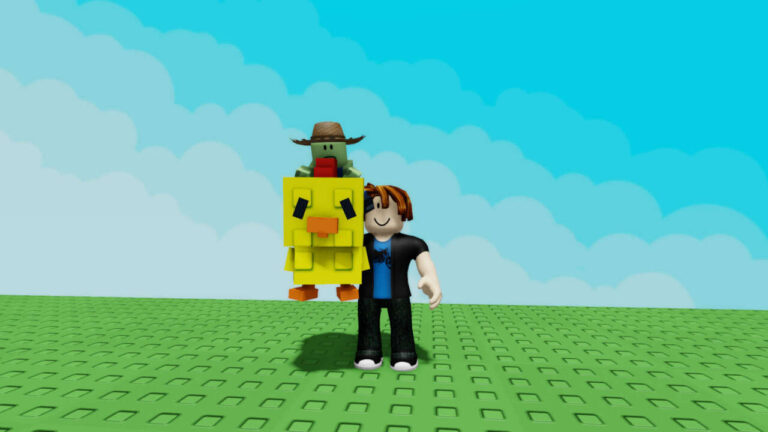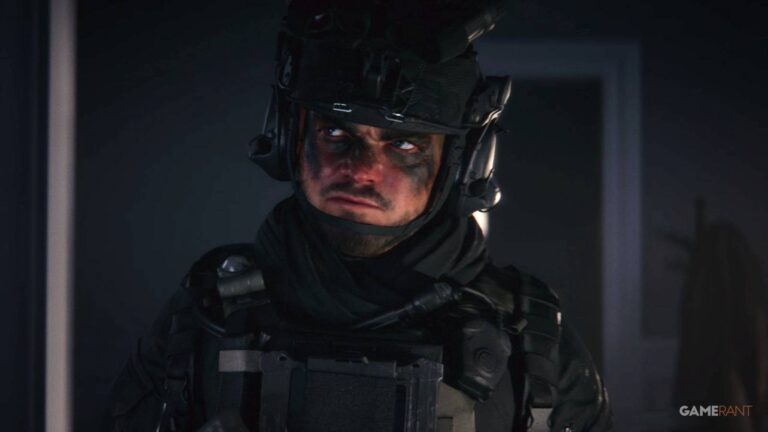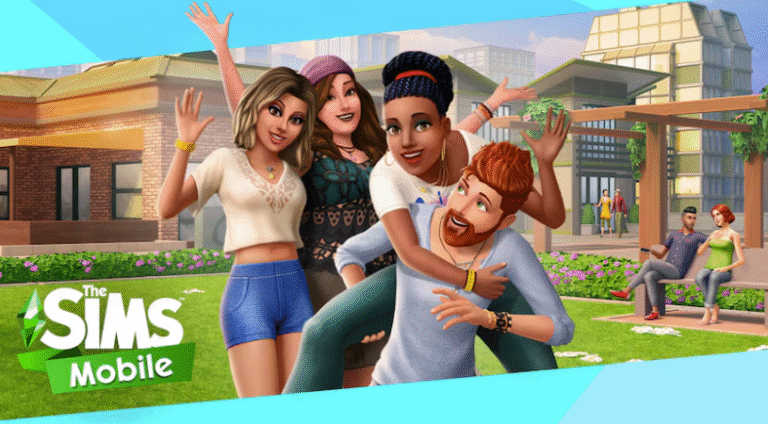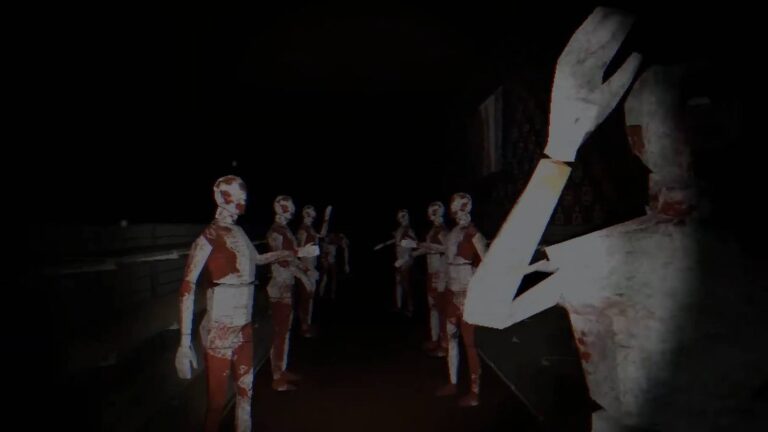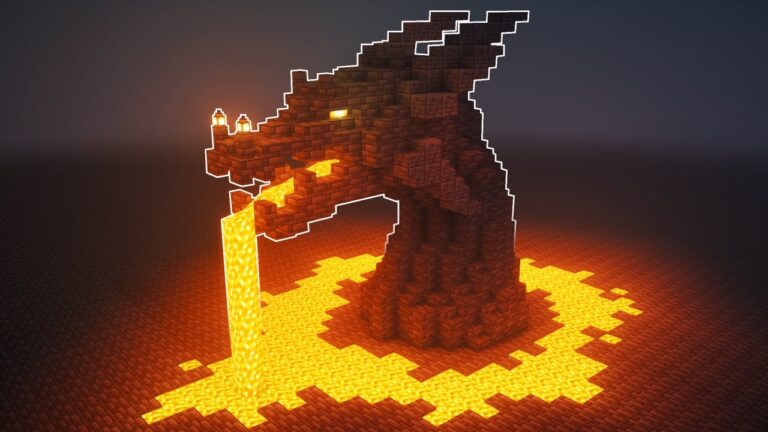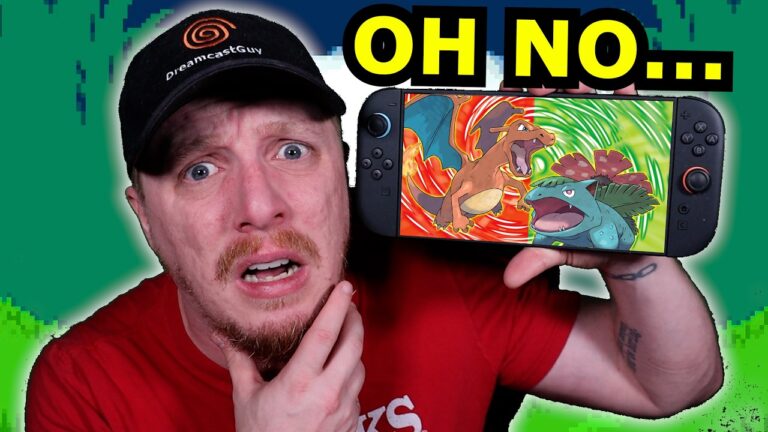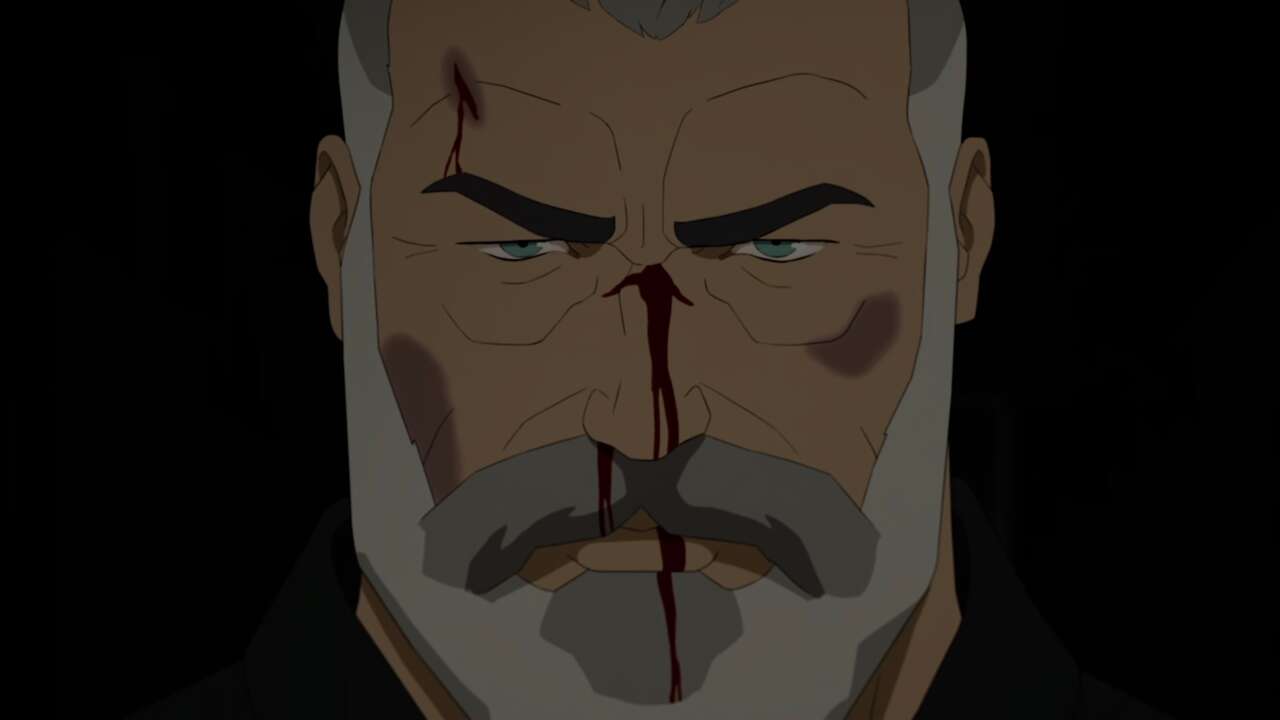
The Splinter Cell series has effectively been on ice for well over a decade, and while we are still waiting for the Splinter Cell game remake to release, we do finally get to see Sam Fisher again with the launch of Splinter Cell: Deathwatch on Netflix.
GameSpot’s Tom Caswell recently had a chance to sit down with showrunner Derek Kolstad–best known as the creator and writer on the first three John Wick films–to talk all things Splinter Cell, honoring the source material, and living up to the quality standard set by original Sam Fisher voice actor Michael Ironside.
So, first question, Derek, is to do with your familiarity with the franchise and video games. Are you a gamer? How much Splinter Cell did you play before sitting down to write this project?
Kolstad: I am a very casual gamer now, but I’ve got eight-year-old twins. That’s what happens. And on top of that, when the career takes off, you’ve got to keep focusing on the career. So I think the last game that I spent hundreds upon hundreds of hours on was probably Skyrim, although I put a dent in Diablo 3 and 4. I was a huge fan of Tom Clancy back in the ’80s because I was a kid who just read everything. And so when Splinter Cell came out and it was Tom Clancy, it was like, “F**k yeah!”
I sucked at that game because I was playing shooters, and then you can’t treat that game like a shooter. You can’t just walk in the room: You’ve got to sneak. And so I played the first couple and I couldn’t tell you where I fell off. No other reason than life, but I loved the [Sam] character and I love the game. So when this came my way, I look at Clancy and I look at Splinter Cell as like one of the old gods, and I’d like to do right by him.
Now, speaking of Splinter Cell, there are a lot of different entries in the franchise, but it feels that Deathwatch is kind of a continuation of Chaos Theory, which is one of the fan-favorite entries in the franchise. Was there a choice on your and the team’s end to use that as a foundation, and if so, why pick Chaos Theory?
Kolstad: IP can be difficult because you have the audience, the gaming crew … and then when you’re adapting it, you have to go to the general audience. And then you also have the Tom Clancy fans. So you’ve got three different things to detail. And when they first came to me, I immediately went with [1992 film] Unforgiven. I immediately went with Old Man Logan, and just treating all of the games as his history–as his canon. We got some flashbacks, and we bend it a little bit, but I just want to make sure that it retains.
And I didn’t want to be anchorded down by anything because it’s an adaptation, so you have to free yourself from as much of the complexity that mucks up the machine. And that’s why I love, with Liev [Schreiber] especially–being the voice of Sam–it’s not only what’s being said but what isn’t being said that propels the character and the story forward. And it just feels like a natural progression that we haven’t seen a game in a while, so we haven’t seen Sam in a while. So when we look in on Sam, he’s retired on a farm in the middle of nowhere, surprised he’s survived. And when the proverbial trouble shows up on his doorstep, he’s back in action.
Sam Fisher was originally brought to life by Michael Ironside. You guys have Liev Schreiber in the role. Do you feel like there’s a difference in thish Sam that Liev is portraying, and how much of Michael’s take on the role is infused in this rendition?
Kolstad: I love Michael Ironside, man. There’s a scene I cop all the time that I think is his best scene in a movie. It’s Starship Troopers when he looks over the wall and there’s this swarm of bugs, and he just does this thing with his metal hand wiping his lips. It’s just so good. And I got to meet him, too. He was in [the Kolstad-written] Nobody. So I love that guy. And what Liev brings to it is almost like … warmth is the wrong word, but there’s this stability, where even a guy like Sam knows that he still has stuff to learn, but he’s learned so much that in the moment, he just processes quickly, decides quickly, and has his moral compass at play.

You look at the characters we created with John Wick and [Nobody’s] Hutch, and you look at Rambo and John McClane, and they’re not the best at what they do. They get up, they have will, and strangely they have empathy. And Liev brings that to the character that I love.
It seems that Splinter Cell is very nicely in the wheelhouse of the other work that you’ve been doing. But obviously, it’s a very storied franchise. Fans are eagerly anticipating another game. Was there apprehension when jumping onto this project, or when you dove into it, did it feel right at home?
Kolstad: I had never done animation before. I had never done an animated series. And since this was Splinter Cell and this was Tom Clancy, there was no reticence or apprehension. It was just this excitement of going, “Man, let’s paint ourselves into a corner and find our way out.”
McKenna is this new character to the franchise that you’ve brought to the show. I love the idea of it almost being an interpretation of how you might play a Splinter Cell game versus how Sam Fisher is maybe meant to be played. Can you talk more to the character?
Kolstad: I think what we loved about McKenna is, in many respects, she is who Sam was at that age. And he’s looking at her going, she’s at that sliding door stage. Does she go the way he went or does she go another way? And he’s not one to push her in any direction. He’s guiding her along, because that’s what’s interesting about the character of Sam is. He encourages, and he’ll slap you down, but usually to save of your life. And McKenna is … it’s not all spit and fury. She’s really good at what she does, but the emotions come into play.
And Sam’s the one who says to her, “Emotions will always come into play, but you have to coordinate. Don’t lock them up, let them do their thing. But it’s one thing that your emotions get you killed. I’ll be really pissed if they get me killed.” And ultimately, she looks at Sam over the course of this series as not so much an adoptive father figure, but that adoptive uncle, where she sees in him, even if she disagrees, what he’s doing right. And if you watch the show closely, there are things that she drafts off of that he does and things that she goes against, which is just human nature. It’s fun. She’s a great character.
Very excited to see her. Also, very fun to see if she maybe makes an appearance in a future title, but they’ve got to get this remake done first.
Kolstad: Yeah, exactly. Exactly.
So we might be a long, long way out from that.
Kolstad: I’ll see you in another 11 years, my friend.
I would be remiss to not ask about your current relationship to John Wick. I know you’ve stepped away from writing the films. Aside from wanting to just simply champion the franchise, what is your feeling toward where the franchise is now?
Kolstad: It’s funny. I remember on the first John Wick, Keanu took me aside and he’s like, “How many of these do you have in your head?” And I was like, “Seven.”
And again, we didn’t go where I [would have gone] after the third. And “stepping away” is a very kind way of referring to it. And yet at the same time, man, I love Chad [Stahelski]. I love Keanu. I love Dave [Leitch], who only did the first one and went off to create his own. And it’s funny to be on an airplane and still look around at people and they’re watching John Wick. My family was close with Lance Reddick, so every time I see his face, I grin and well up. And Ian McShane and comapny, and it’s this thing that was bigger than me and I’ll always champion. It’s my grandpa’s name and I always root for everyone involved.
And I also don’t think when they got so big … that’s where my struggle lies, creatively. I always think of martial arts movies, of Ip Man and the classic Jet Li movies and going that like, intimate action. And yet Chad has become the master of taking Buster Keaton and that stairwell sequence in John Wick 4, or looking at 2D video games and you have that awesome shotgun sequence in 4, as well. I don’t think that way, and he does, and it’s awesome. I think in those ways of John McClane in the elevator in Die Hard 3 when he takes on the dirty cops. And that’s where I had a lot of fun with Hutch. But I look at the John Wick thing, and I’ve wanted to be a screenwriter since the age of eight, and that’s the one that hit. And everyone loves it still. And so, man, I’m just giddy. It’s awesome.
This interview has been edited for brevity and readability.
